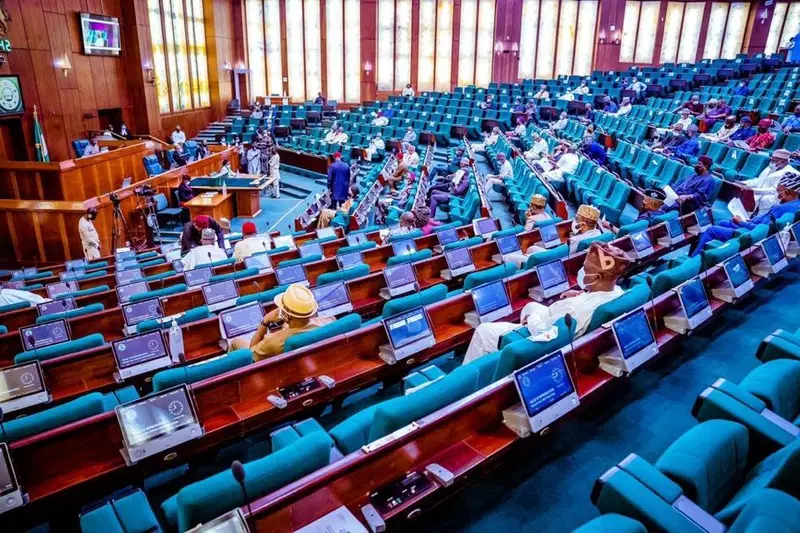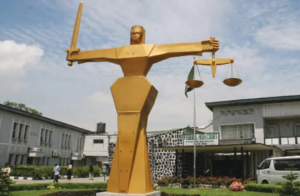
A proposed bill aimed at establishing the Nigerian Marine Corps has faced strong opposition from several key stakeholders, including 67 members of the House of Representatives, the Nigerian Navy, the Nigerian Maritime Administration and Safety Agency (NIMASA), the Nigerian Shippers Council, and various Civil Society Organizations (CSOs).
The bill, titled “A Bill for an Act to Establish Nigerian Marine Corps to Promote Maritime Security” (HB 225), seeks to create a new federal agency tasked with enhancing maritime security and managing Nigeria’s blue economy. Sponsored by Rep. Alex Egbona (Cross River), the bill passed its second reading on November 30, 2023, and was referred to the House Committee on Navy for further deliberation.
However, the bill has drawn strong criticism. Speaking on behalf of 66 other House members, Rep. Philip Agbese, Deputy Spokesperson of the House and representative of Ado/Okpokwu/Ogbadibo Federal Constituency of Benue State, argued that the proposed Marine Corps would duplicate the functions of existing agencies such as the Nigerian Navy and NIMASA. Agbese stated, “It is our duty to scrutinize legislation to ensure it aligns with national interests and avoids creating redundant structures. This Bill is counterproductive and imposes unnecessary financial demands on the government.” He highlighted concerns about potential operational inefficiencies, jurisdictional conflicts, and logistical strain.
The Nigerian Police Force, represented by SP Nandom Vongjen, also rejected the bill, describing it as poorly thought out and warning that it could lead to overlap with existing maritime security responsibilities. Vongjen remarked, “The proposed Marine Corps risks proliferating maritime security outfits and creating a parallel unit of the armed forces.” He recommended strengthening existing agencies rather than establishing new ones.
Similarly, the Nigerian Navy, represented by Rear Admiral Olusegun Ferreira, expressed opposition, stressing that current agencies are already equipped to handle maritime enforcement and defense. Ferreira suggested that resources within these agencies should be optimized instead of creating new structures.
Representatives from NIMASA, including Mrs. Moji Jimoh, its Coordinator for the Abuja Zonal Office, and the Nigerian Shippers Council, represented by Mr. Bala Saleh, echoed similar concerns. They argued that enhancing existing frameworks would improve maritime security without incurring additional costs or creating bureaucratic complications.
Several Civil Society Organizations (CSOs) also voiced their opposition, calling the bill unnecessary. Abdullahi Bilal from the Security Analysts & Research Forum in Africa and Okwa Daniel, Executive Director of the Centre for Social Justice, Equity & Transparency, both urged the House to reject the bill in its third reading.
The Chairman of the House Committee on Navy, Hon. Yusuf Gadgi, assured stakeholders that the committee would review the bill impartially. He emphasized, “The Committee remains neutral and will ensure all views are carefully considered before making a decision.”
The widespread opposition from various sectors casts doubt on the future of the bill, with many advocating for enhanced cooperation and resource optimization within existing maritime agencies rather than the creation of a new Marine Corps.








